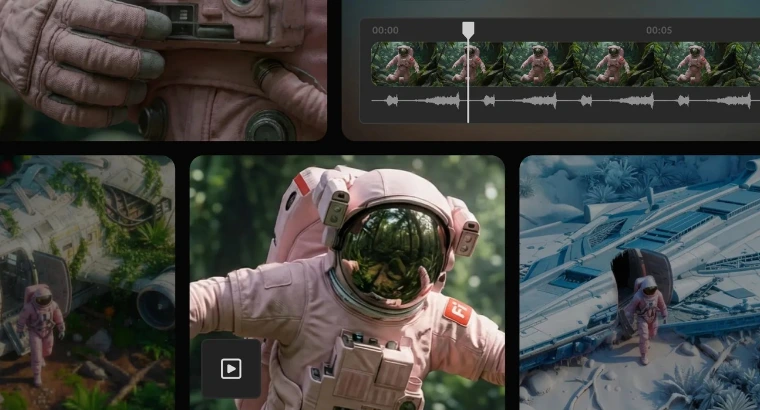
Arabica coffee, a type of plant that originated in Ethiopia, is greatly affected by changes in the climate. Studies have shown that if global warming reaches higher levels, it could decrease Arabica coffee production. This will affect coffee enthusiasts and the millions of farmers in developing nations who depend on the coffee industry.
Keeping the coffee plants below 2°C will give Arabica producers time to adjust, avoiding potential drops in productivity, disruptions in supply, and increases in coffee prices. To solve this situation, Nestlé uses data analysis and AI technology to identify and cultivate coffee plants that can withstand the changing climate conditions.
AI-Powered Research to Save Arabica Coffee
The Arabica variety, responsible for 70% of coffee output, struggles with increased temperatures and disease vulnerability. With climate change shrinking land and causing water scarcity, crop yields are declining. To secure a future and help farmers thrive, Nestlés plant experts are researching arabica strains that offer better resistance to diseases and droughts.
Nestlé experts are trying to work towards a sustainable future for coffee cultivation by developing a high-quality arabica reference genome. The reference genome, found in a publicly available database, allows experts to conduct a detailed analysis of the characteristics and traits of different types of coffee. These include factors like yield, size of coffee cherries, resistance to diseases or drought and flavor and aroma profiles.
Jeroen Dijkman, who leads the Nestlés Institute of Agricultural Sciences, likened the reference genome to a map of a city. He explained how, with the help of AI-produced data, scientists were able to identify markers within the arabica genome that influence specific traits in the plants. This advancement will also assist experts in recognizing, choosing and developing new and enhanced arabica coffee varieties.
Nestlé Research has been collaborating with multiple academic partners, such as Nanyang Technological University, the University of São Paulo, the University at Buffalo, the National Agricultural Research Organization (NARO), the University of Helsinki, the University of Leipzig, Boyce Thompson Institute, Cornell University, and VIB-UGent Center for Plant Systems Biology.
At the same time, the work was co-directed with the French National Institute for Sustainable Development (IRD). Under the Nescafé Plan 2030, Nestlé’s plant breeders are collaborating with farmers in strategic sourcing origins to cultivate premium coffee varieties stemming from the research created by the plant sciences experts. As of 2022, more than 6 million plantlets have been distributed already.
















